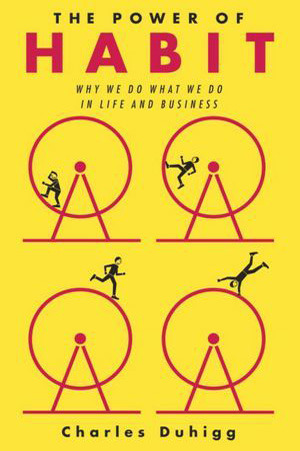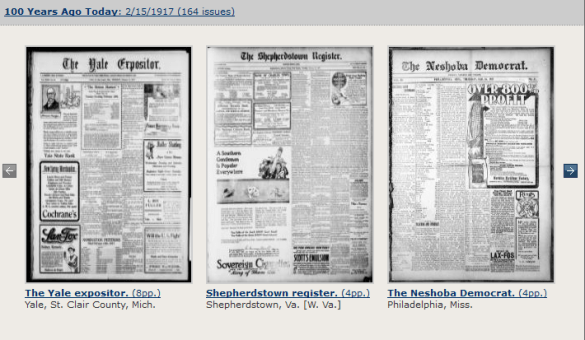Hopefully during your busy orientation week you had a chance to stop in the library. Chances are you will be spending lots of time studying here.

Some resources you should know about:
Leisure Collection: Because you are going to have so much free time. The DVDs, fiction, and fun non-fiction are all still available for you to check out and enjoy—they are located next to the reference collection.
Study Aids: The Study Aid Collection can be found in the back of the collaboration space—just behind the Technology Support desk. These can be checked out for 3 hours. We also have online availability. Older editions are available in the General Stacks.
Reserve Items: Course required books, book stands, lap desks, games, chargers, and more are available on request at the Circulation Desk.
Reference Collection: Heavily-used resources and other reference materials, including the Official Code of Georgia (O.C.G.A.) are located just to the right of the Reference Desk.
Georgia Collection: The Georgia state materials are located on the library 5th floor behind the elevators, in free-standing shelves. The collection includes Georgia primary sources including Georgia Laws and West’s Annotated Code of Georgia. You will find secondary sources including past editions of Georgia treatises (current editions are in the Reference Collection) such as Redfearn Wills and Administration in Georgia and a wide variety of Georgia continuing legal education materials.
Core Practice Collection: A number of our practitioner tools, such as legal encyclopedias, form books, and practice guides are located the Core Practice Collection on the 5th floor behind the elevators, right next to the Georgia Collection

General Stacks: Material in General Stacks are located on both the 5th and 6th floors (but mostly on the 6th). Call numbers beginning with AC and running through KE will be found on the 5th floor, starting behind the elevators. If the call number starts with KF1 or comes later in the alphabet, you’ll want to start looking for the title on the 6th floor, just as you walk off the elevator.
Law Periodicals: If you want to look at a journal article that you can’t access online because it’s too recently published(cough cough, perhaps not very likely), you may want to try the 6th floor behind the elevators. The journal titles are in alphabetical order.
If you have any questions about finding our other special collections—state materials or the Young Adult Collection (yes, we have that too)—please stop by the reference desk and we will be happy to help you.











You must be logged in to post a comment.